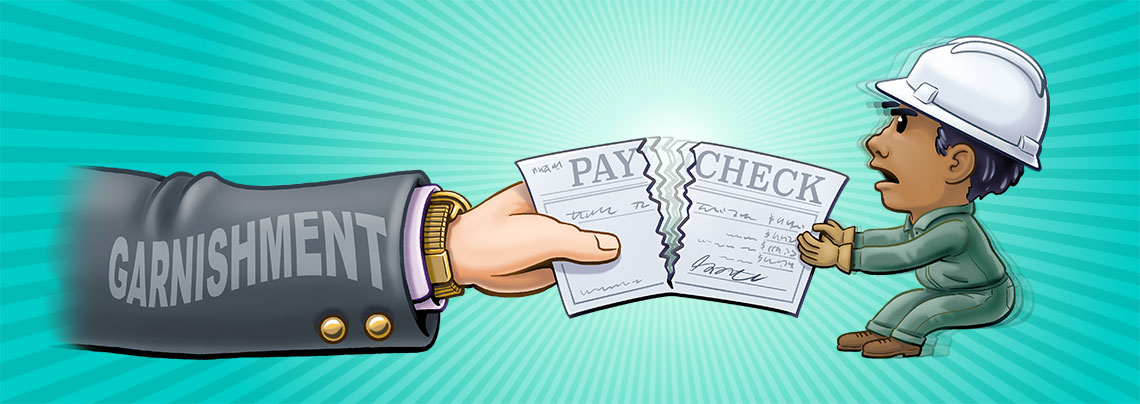Chapter 7
Chapter 13
Testimonials

“Great office and very helpful. Mr. Long discussed all my options with me and was very patient in answering the questions that I had. I would highly recommend this office to anyone .”
-Ms. N

“Very friendly and helpful staff. Ms. Johnson is the greatest!!! I’m so glad that she took my case, she walked me through every step I needed to take. I would highly recommend this firm to anyone!!”
-Mr. M
Nashville Chapter 7 Bankruptcy Attorney
Is Chapter 7 bankruptcy in Nashville the right choice for you?

Chapter 7 is usually the simplest form of bankruptcy under the United States Code. The big idea in a Ch. 7 is your non-exempt assets are sold and the proceeds used to pay toward your debt. The portion of your dischargeable debt unpaid by these proceeds is discharged (wiped out). For many chapter 7 clients, all of their assets are exempt meaning they give up none of their possessions. Just because Chapter 7 appears simple, careful analysis of your assets and ability to protect those assets is necessary to ensure you do not give up assets you want to keep.
The bankruptcy code was revised by Congress in 2005 making it more difficult to qualify to file under Chapter 7. An analysis of your debts, obligations, income and a comparison to the mean income of your community by an expert Ch. 7 bankruptcy lawyer in Nashville are necessary to verify eligibility for Chapter 7 bankruptcy relief. With skillful application of the rules of the “means test,” most of our clients desiring to file will qualify. Ch. 7 is designed to wipe out debt and give you a fresh financial start. Individuals and businesses can file for Chapter 7 Bankruptcy to achieve basic liquidation.
Upon filing your Chapter 7 petition, there is an automatic stay against all collection activities. This means any actions for foreclosure, garnishment, collections, phone calls, letters, lawsuits, or other collection means by your creditors must stop immediately.
Under Chapter 7 most unsecured debts are eliminated. If it is your desire to keep your financed house and car, you likely can. In some situations, a client may desire to walk away from a house or car. Ch. 7 allows this option as well without worry of any future remaining debts.
It is important to list everyone you owe in a Chapter 7. A bankruptcy’s key benefit is to wipe out debt. If you do not list a specific debt, that creditor may still pursue you after bankruptcy. You can get rid of most unsecured debts including credit cards, medical bills, court judgments for deficiencies, check cashing debt and payday loans.
There are certain debts which do not go away after a bankruptcy. These include student loans, child support, most alimony, most tax debt, accidents where drugs or alcohol were involved, and criminal court fines may not be discharged in bankruptcy. If you have a large balance of these types of debts, a Chapter 13 may be a better solution for you.
Do I have to give up everything?
No, often you can keep much or all of your personal and real property. The amount of equity in your house or car will determine if they will be taken by the Trustee and sold to pay a portion of your debt. There are also statutory exemptions which you are entitled to claim. If your property is under an exemption, you can keep the property. You generally must be current in your payments on the car or house to keep it in a Chapter 7. If you are behind, a Ch. 13 may be a better solution. If you are current, you can protect between $5,000 and $50,000 in equity for your home.
On cars and your other personal property (furniture, computers, cash) the Bankruptcy Code and Tennessee exemptions protect personal property up to $10,000 for an individual and $20,000 for a couple. This include cars, cash in the bank, furniture, jewelry, and other assets. You are also allowed up to $1,750 in tools of the trade for filers that are self employed.
Qualified retirement accounts are generally protected in Chapter 7 Bankruptcy. You should always evaluate the benefits of filing with a bankruptcy lawyer before using your retirement plan to pay debts.
Get in touch with Long, Burnett, and Johnson, PLLC
If you need the help of an experienced bankruptcy lawyer, the attorneys at Long, Burnett, and Johnson, PLLC are knowledgeable in all things pertaining to bankruptcy, finance and the law, and will work with you to strategize your best course of action. Call us now at (615) 386-0075 for an absolutely, 100% free consultation.